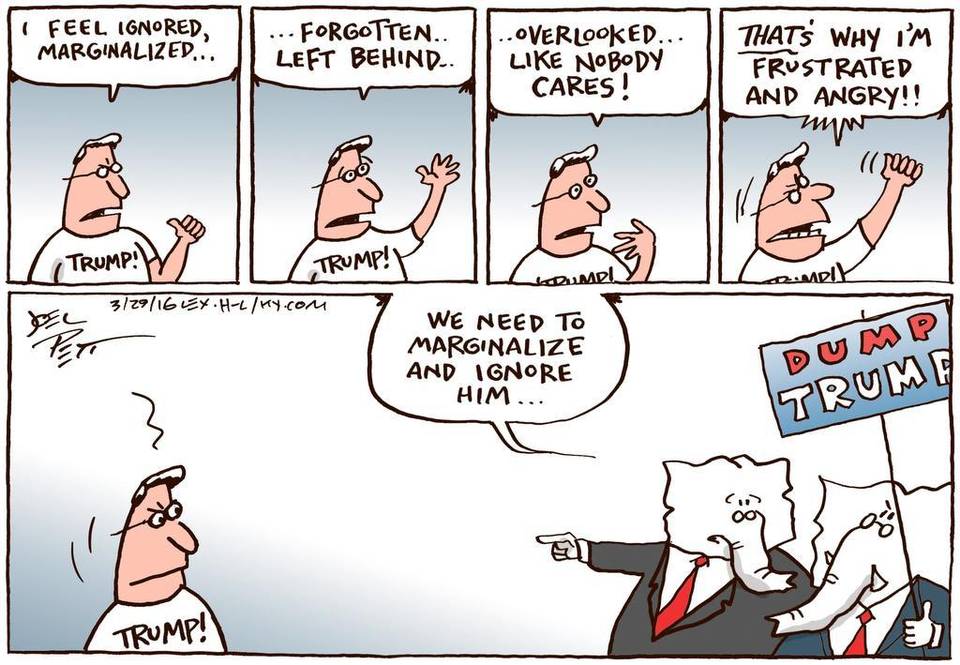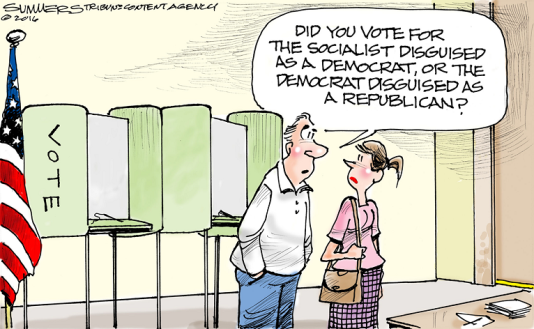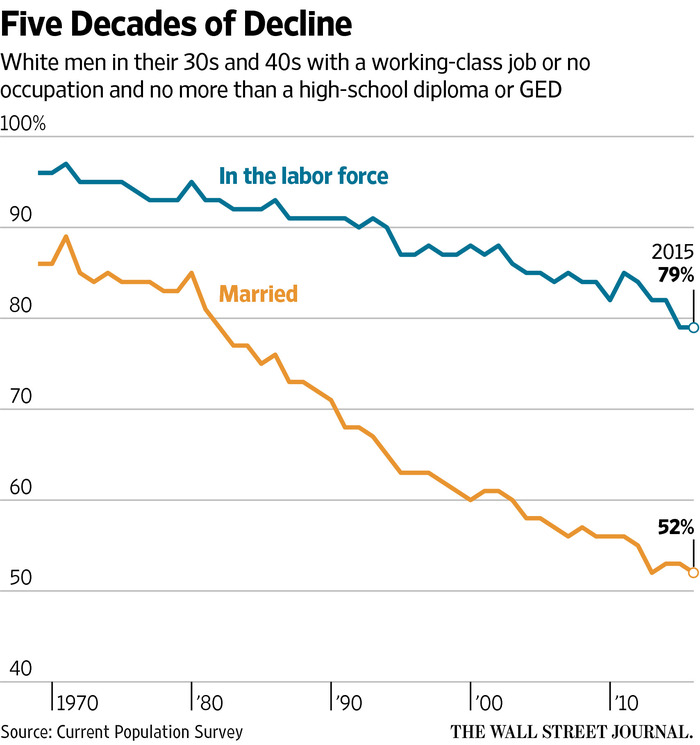Happy Friday! You are busy, and don’t need a long-form note from Wrongo. But, here are a few items you may have missed that accurately describe the Republican Party today:
First, The GOP didn’t follow its own rules during a vote on Thursday. The subject was a measure to ensure protections for the LGBT community in federal contracts, and it failed to pass after “initially passing” during the time allotted for members to vote. Then, the Republican leadership urged their members to change their votes. The leadership kept the vote open as they pressured members to change sides, allowing lawmakers switch their votes without following the “Regular Order” process of walking to the well at the front of the chamber.
By changing their votes, the House GOP inserted a poison pill that overrides Obama’s executive order banning LGBTQ discrimination in federal defense contracts. From The Hill:
Initially, it appeared Rep. Sean Patrick Maloney’s (D-NY) amendment had passed, as 217 “yes” votes piled up over 206 “no” votes when the clock ran out. The measure needed 213 votes to pass. But it eventually failed, 212-213, after a number of Republican lawmakers changed their votes from “yes” to “no” after the clock had expired.
More from The Hill:
According to the office of House Minority Whip Steny Hoyer (D-MD.), at least seven Republicans changed their votes, including Reps. Jeff Denham (Calif.), Darrell Issa (Calif.), Bruce Poliquin (Maine), David Valadao (Calif.), Greg Walden (Ore.), Mimi Walters (Calif.) and David Young (Iowa). Denham, Valadao, Poliquin and Young are among the most vulnerable Republicans up for reelection this year. Walden, meanwhile, chairs the House GOP campaign arm.
Twenty-nine Republicans voted for Maloney’s amendment to a spending bill for the Department of Veterans Affairs and military construction projects, along with all Democrats in the final roll call.
But the awesome kicker was House Speaker Paul Ryan’s “see and hear no evil”: When asked about the vote-switching, Ryan denied knowing whether his leadership team pressured Republicans:
I don’t know the answer. I don’t even know…
He then defended the provision in the defense bill: (brackets by the Wrongologist)
This is federalism, the states should do this. The federal government shouldn’t stick its nose in [the states’] its business
Simpler Paul Ryan: The federal government has no business regulating federal defense contracts. That should be left to the states. You know that even Paul Ryan is smarter than that.
Second, The Donald at a Chris Christie funds-raiser in NJ:
Look, a lot of you don’t know the world of economics and you shouldn’t even bother. Just do me a favor, leave it to me.
If you are in the audience, you are insulted, but still cheering. Or this: (brackets by the Wrongologist)
My trade deal is very simple, I am going to make great deals for our country…It [the trade deals?] might be free, it might not be free.
Yes, he said those two things in the same speech. Do either of those statements cause you to trust that you will be better off after a Trump administration?
Finally, this perspective from Matt Taibbi in the Rolling Stone on May 18th after Cruz conceded:
If this isn’t the end for the Republican Party, it’ll be a shame. They dominated American political life for 50 years and were never anything but monsters. They bred in their voters the incredible attitude that Republicans were the only people within our borders who raised children, loved their country, died in battle or paid taxes. They even sullied the word “American” by insisting they were the only real ones…their idea of an intellectual was Newt Gingrich. Their leaders, from Ralph Reed to Bill Frist to Tom DeLay to Rick Santorum to Romney and Ryan, were an interminable assembly line of shrieking, witch-hunting celibates, all with the same haircut – the kind of people who thought Iran-Contra was nothing, but would grind the affairs of state to a halt over a blow job or Terri Schiavo’s feeding tube.
A Cruz supporter lamented: (brackets by the Wrongologist)
People don’t care about civility anymore…Why are we [Republicans] so mean?’
But the real question is, “Why vote for the GOP?”
You know, why vote for a Pant Load Republican who tells you not to worry about economics.
Or a Pant Load Republican who tells you he didn’t know what happened with a House vote that passed after it didn’t pass, a vote, that in effect, vitiated the Civil Rights Act of 1964 for federal contracts.
That very same Pant Load who says we should leave regulating federal contractors to the states.


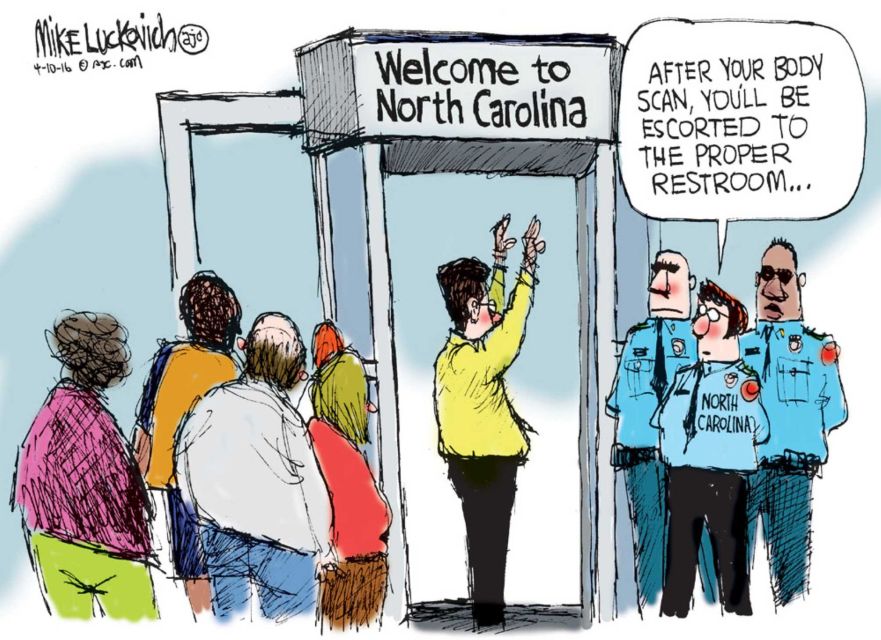
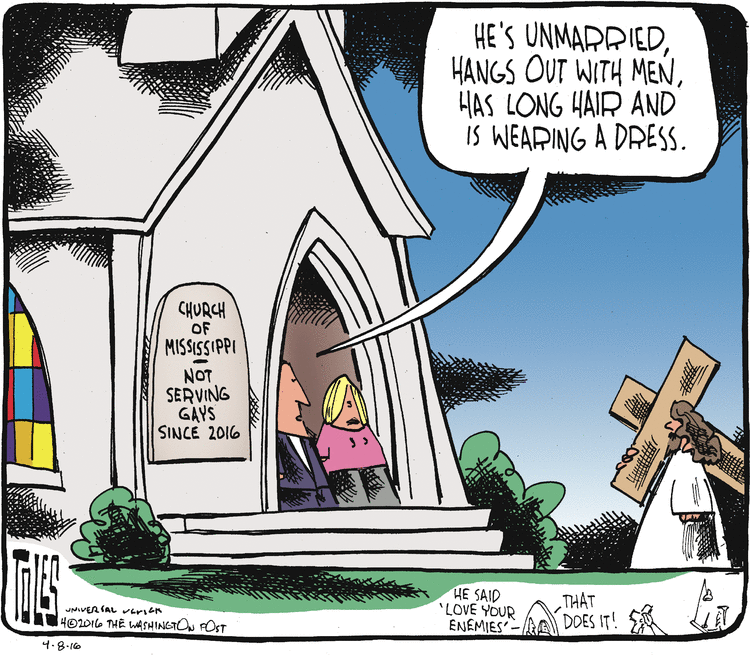
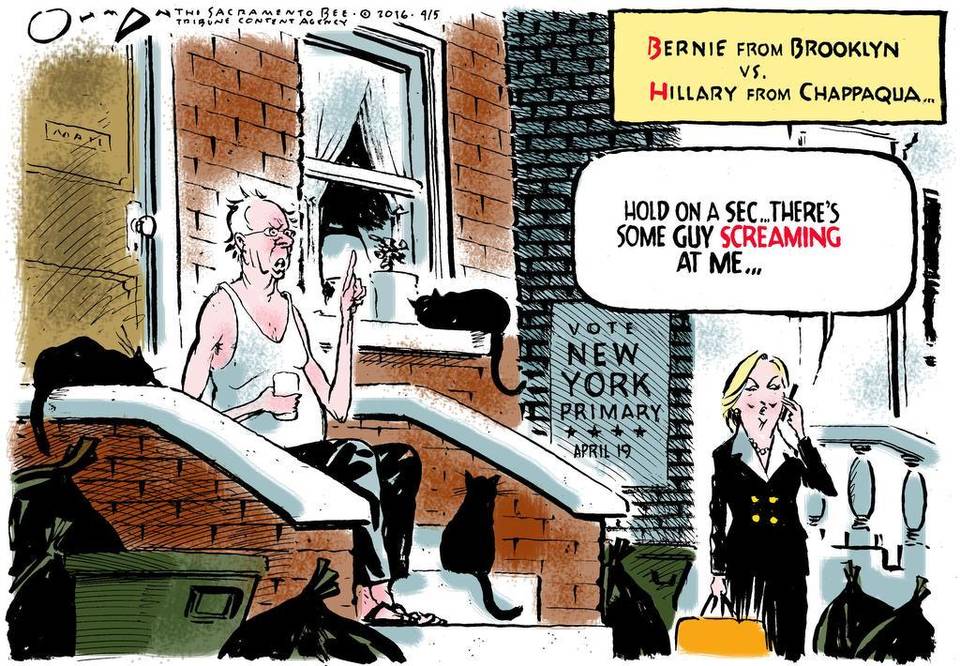
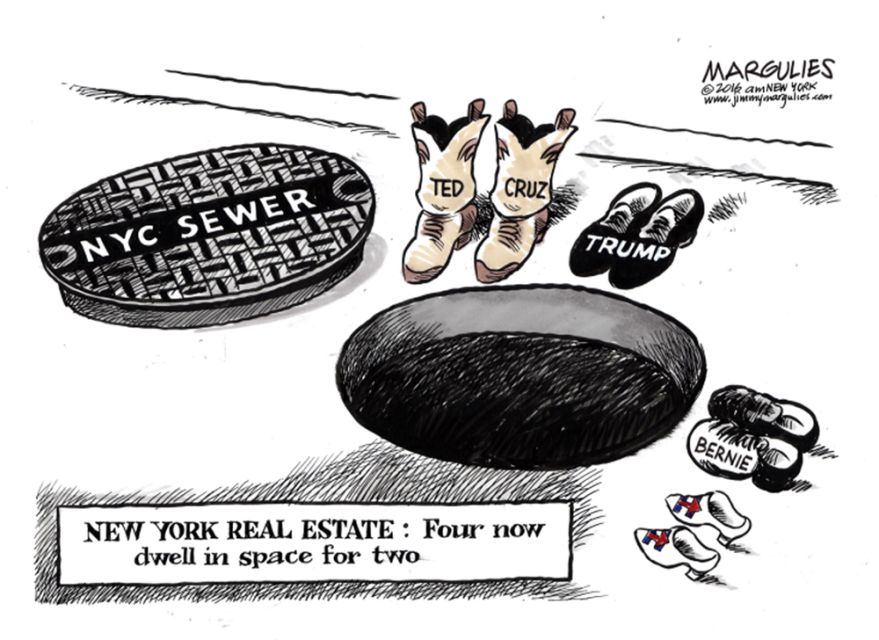



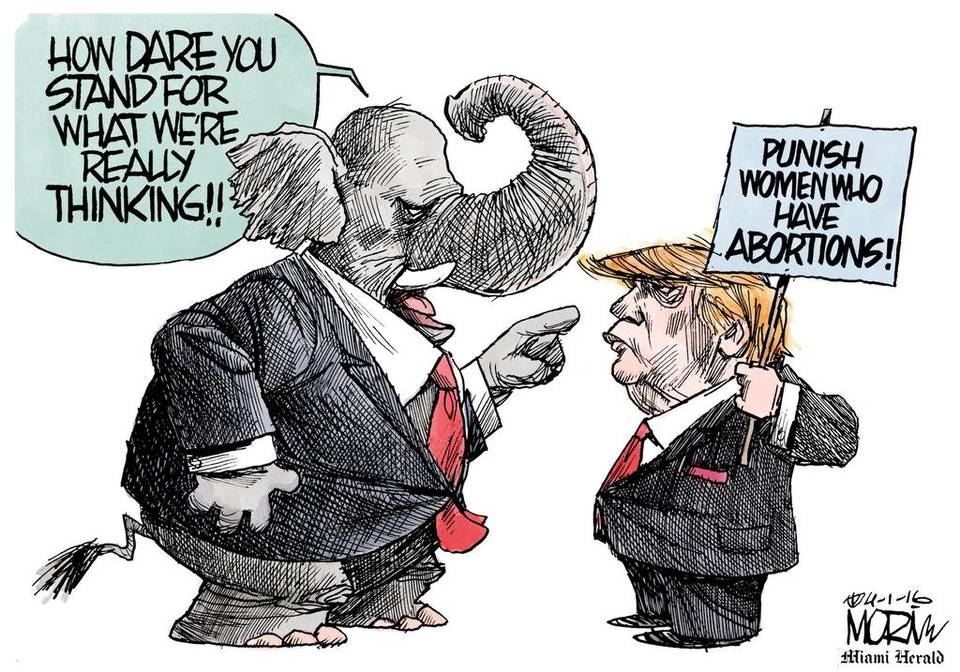 Ted and Don enter the Rut:
Ted and Don enter the Rut: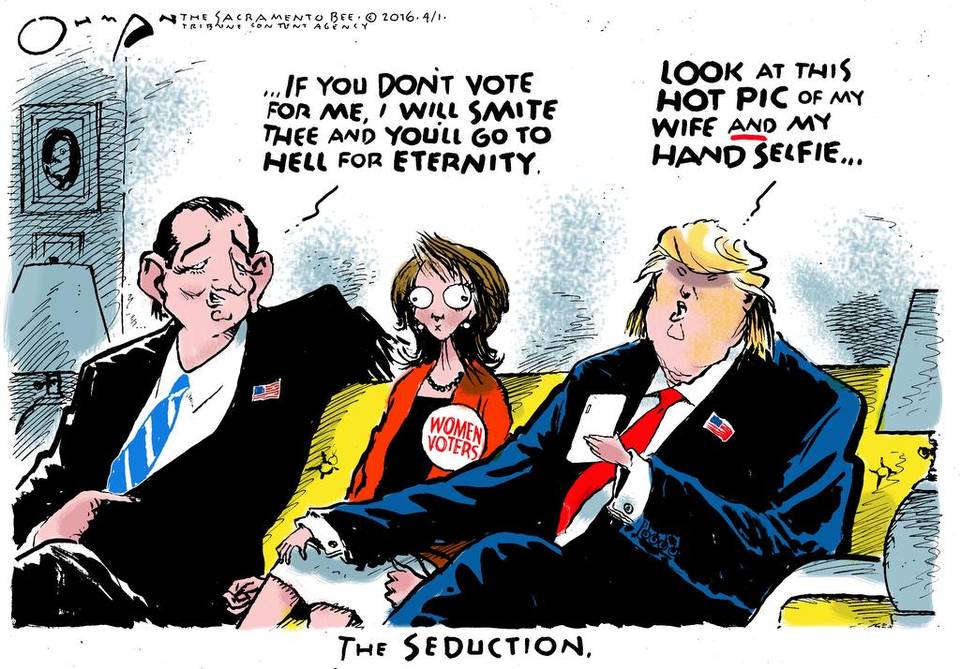 The GOPs self-fulfilling prophecy:
The GOPs self-fulfilling prophecy: